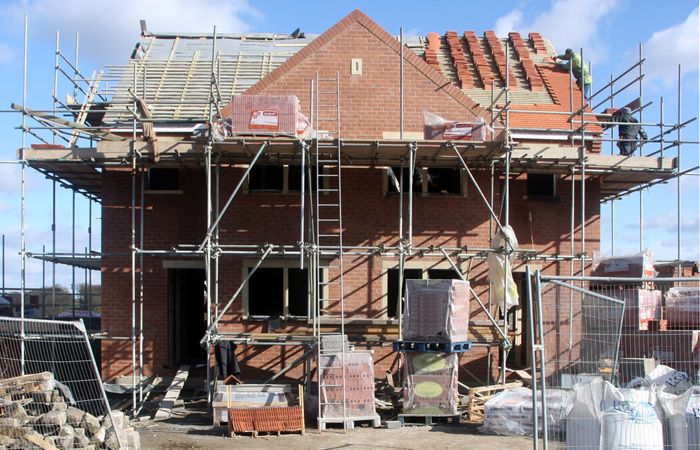
UK housebuilder Bellway’s trading report for the year to end of July reveals revenue, total housing completions and average selling prices all down.
Completions for the period were 7,654 homes (2023 – 10,945) at an overall average selling price of around £308,000 (2023 – £310,306).
Bellway also revealed housing revenue of £2.35bn (2023 – £3.39bn) and the underlying operating margin is expected to be around 10% (2023 – 16.0%).
However reflecting the improvement in trading and growth in outlet numbers, the forward order book at 31 July 2024 increased to 5,144 homes (2023 – 4,411 homes), with a value of £1,412.9 million (2023 – £1,193.5 million)
Bellway group chief executive Jason Honeyman commented: “While a lower starting forward order book drove a reduction in volume output, customer demand during the year has benefitted from a moderation in mortgage interest rates which has helped to ease affordability constraints and supported an increase in reservations.
“The improving trading backdrop, combined with the strength of our outlet opening programme, has generated healthy growth in the year-end order book. As a result, we are in a strong position to return to growth in financial year 2025, as previously guided.”
He said he was encouraged by the new Government’s plans to increase the supply of new homes across the country and welcomes its plans to reform the planning system.
“Overall, the long-term housing market fundamentals are positive, and we remain confident that our robust balance sheet and operational strength, combined with the depth and quality of our land bank, will enable Bellway to successfully capitalise on future growth opportunities.”
Housebuilding sector in better shape
AJ Bell investment director Russ Mould saw reasons to be bullish about Bellway and UK housebuilding generally.
“A full-year trading update from Bellway offered the latest indication that the housebuilding sector is starting to crank into life after a difficult period marred by more expensive mortgages, a soft property market and significant build cost inflation.
“While the numbers themselves don’t make for particularly compelling reading – with completions down substantially, revenue lower and average selling prices dipping – that’s now in the rear-view mirror and the company sees a brighter picture moving forward.”
He added: “The order book is looking healthier than it did a year ago and the company now hopes to return to growth in the current financial year, buoyed by government’s reforms to the planning system. Notably, the company has been active in land buying – a leading indicator of housing completions.”



